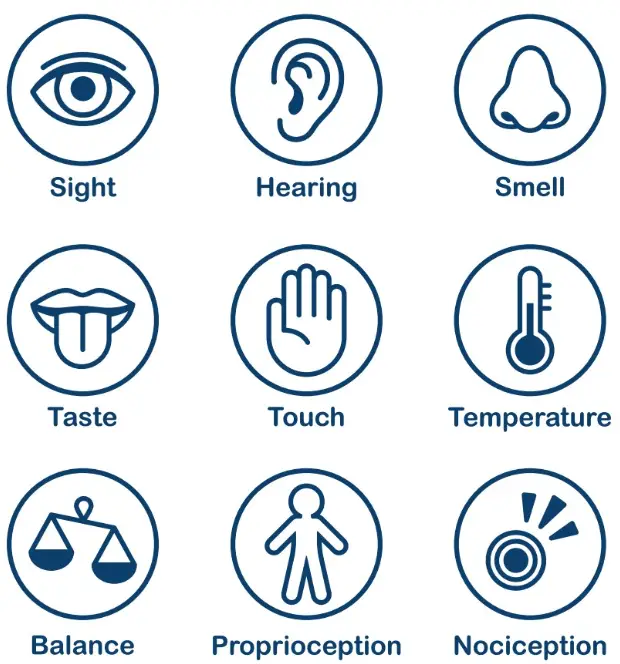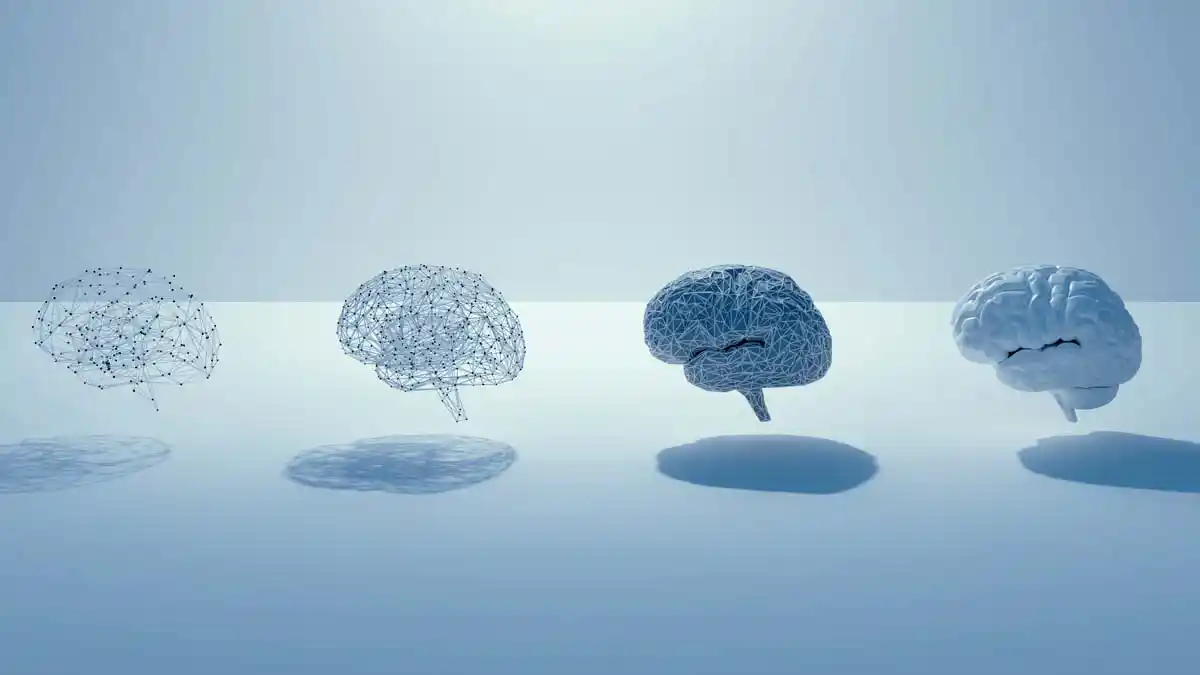“Our ability to use all these senses is a gift,” Eatough said. “Imagine what life would be like without even one of them.”
In the summer of 1985, Greenville County resident Tommy Lewis Neal was playing outfield on his softball team when a batter hit the ball in the gap. He raced to prevent an inside-the-park home run, but, just as he reached the outfield fence to retrieve the ball, his cleats hit a spot of asphalt and both legs flew out from under him.
“And I instinctively threw out my arms to break the fall,” Neal recalled. “So instead of seriously hurting my back or hips, all I got was a scrape on both palms – and was able to get up and throw the ball back to hold the runner to a triple. And it all happened in like a split second.”
Neal’s experience is what scientists call equilibrioception – a little-known human sense that allows us to keep our balance and to react immediately to changes in body movement, acceleration and direction.
“I never heard of it before,” Neal said. “At the time, people just said I was lucky not to get hurt.”
But if you’ve ever had something similar happen where your mind or body tried to avoid a potential disaster, chances are it came from one of our lesser-known senses.
And beyond the five major ones we learn about in grade school, scientists now estimate that we have at least nine senses – and perhaps a lot more – to help keep us well, healthy and from incurring anything more than a few palm scrapes.
“The concept of the five human senses is outdated,” said Erin Eatough, Ph.D. an occupational health psychologist with BetterUp, an online wellness platform. “Neuroscientists agree that people are gifted with far more than the five senses we learned in school.”
But other than sight, sound, smell, taste and touch, what other senses do we have to steer us toward better health?
So far, researchers with Harvard School of Medicine and Johns Hopkins University list these additional four:
- Pain. The word itself is described in medical terms as nociceptive, from Latin meaning to injure or to hurt. When we hurt, or even anticipate being hurt, the initial experience serves as a warning for protection from pain or from further injury.
- Proprioception. This medical term simply means body awareness. Certain neurons, or nerve cells, located within muscles, tendons and joints allow us to close our eyes and touch our two forefingers together; touch the tip of our nose in complete darkness; and to walk blindfolded through a home without falling, knocking things over or even bumping into a wall.
- Temperature. An old riddle says we can’t see it, taste it, touch it, hear it or smell it. But we can feel it. And our ability to detect temperature – medically known as thermosensation – triggers our reflex to withdraw from things or places that our bodies determine are too hot or too cold. It also allows us, and every other mammal, to detect temperatures that we deem to be just right.
- Balance/equilibrioception. This sense, which came to the aid of Tommy Neal in 1985, routinely tends to keep us upright. It is part of our vestibular system, controlled by a series of structures in the inner ear.

Eatough pointed out that while these four are now scientifically accepted as human senses, we could possess as many as 21 or even more.
“Ultimately, the most important thing isn’t to focus on finding the right number of senses,” she said. “It’s learning how to engage them. … to live a more fulfilling life.”
Such engagement includes a lot of simple things we either do, or maybe should do, every day – such as regular physical exercise, cuddling with a pet, listening to music, going on a nature walk or even cooking a favorite meal.
“COVID-19 has turned the art of cooking into a wellness trend of its own,” Eatough said. “What used to be a functional task became a sanctuary of happiness and relaxation for many.”
As for everyday health and wellness, using our senses carries almost limitless possibilities, including less stress, lower blood pressure, reducing loneliness and keeping us in touch with the world around us.
“Our ability to use all these senses is a gift,” Eatough said. “Imagine what life would be like without even one of them.”
By L. C. Leach III







